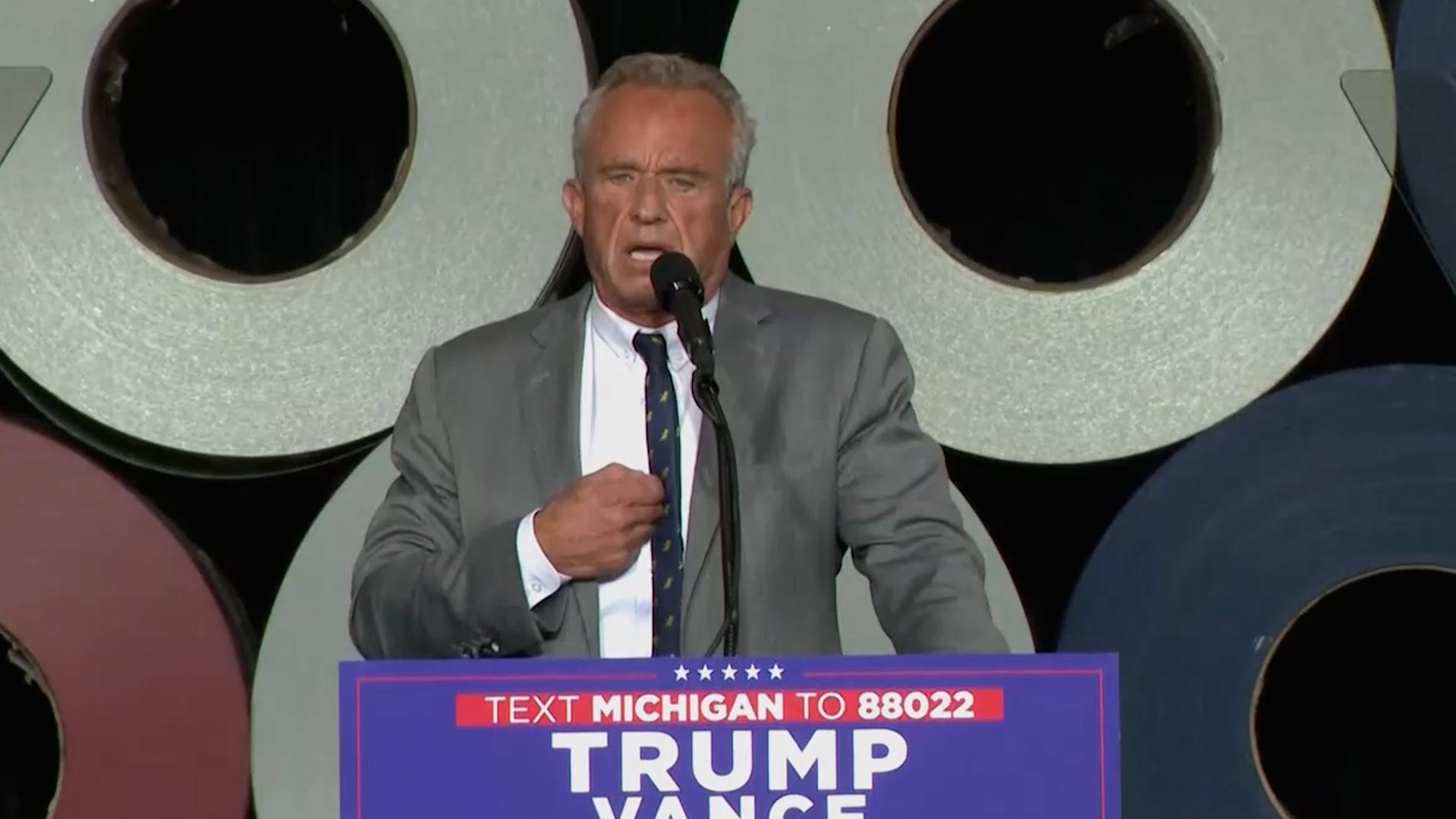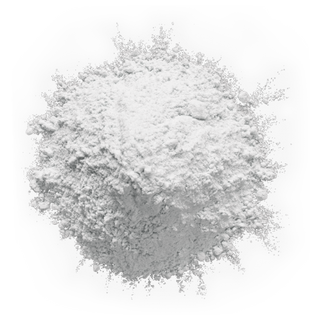RFK Jr.'s Pesticide Claims Face Pushback From Trump Officials

Table of Contents
RFK Jr.'s Key Pesticide Claims and Their Scientific Basis
RFK Jr. has been a vocal critic of pesticide use, specifically targeting certain chemicals and linking them to a range of serious health issues.
H3: Specific Pesticide Allegations:
RFK Jr. has frequently highlighted the alleged dangers of glyphosate, the active ingredient in Roundup, and various organophosphate pesticides. He claims these pesticides are linked to increased rates of autism, cancer, and other debilitating conditions. These assertions often appear alongside his broader concerns regarding vaccine safety, fueling anxieties within certain segments of the population.
H3: Scrutinizing the Evidence:
The scientific community has largely refuted RFK Jr.'s most sweeping claims. While some studies have shown potential correlations, robust epidemiological studies demonstrating a causal link between these pesticides at typical exposure levels and the serious health problems he cites remain largely absent.
- Lack of robust epidemiological studies confirming a causal link: Many studies exploring the relationship between pesticide exposure and health outcomes have produced inconclusive results, failing to establish a clear causal relationship.
- Conflicting findings across different research groups: The existing research is far from uniform, with some studies suggesting potential links while others find no significant association. This disparity highlights the complexity of the issue and the need for more comprehensive research.
- Oversimplification of complex biological mechanisms: RFK Jr.'s arguments often oversimplify the complex interplay of genetic, environmental, and lifestyle factors that contribute to diseases like autism and cancer.
H3: The Role of Misinformation and Anti-vaccine sentiment:
It's crucial to acknowledge the potential role of misinformation campaigns in amplifying RFK Jr.'s claims. His vocal opposition to vaccines has intertwined with his pesticide concerns, creating a narrative that fuels distrust in established scientific institutions and regulatory agencies. This overlap can hinder public understanding of both issues.
Pushback from Trump Administration Officials
Several prominent officials during the Trump administration publicly challenged RFK Jr.'s assertions, emphasizing the scientific basis of EPA regulations.
H3: Statements and Actions of Key Figures:
Former EPA Administrator Scott Pruitt, for example, publicly defended the agency's rigorous pesticide approval process, stating that decisions were based on "sound science" and risk assessments. Other officials echoed these sentiments, highlighting the extensive testing and review procedures involved.
H3: Emphasis on EPA Regulatory Processes:
The EPA employs a multi-step process for evaluating the safety of pesticides:
- Peer-reviewed studies and risk assessments: Pesticide registration relies on extensive review of peer-reviewed scientific studies, incorporating data on toxicity, environmental impact, and potential human health risks.
- Independent scientific review boards: Independent panels of scientists review the data to ensure objectivity and scientific rigor in the evaluation process.
- Public comment periods and transparency in the regulatory process: The EPA engages in public consultations, allowing for input from stakeholders and ensuring transparency in its decision-making.
H3: Differing Perspectives on Risk Assessment:
The core disagreement lies in the interpretation of risk. While RFK Jr. emphasizes potential harms, even at low exposure levels, Trump administration officials emphasized the importance of evidence-based risk assessment, highlighting that the EPA's regulatory framework takes into account both benefits and risks to human health and the environment.
The Broader Implications of the Debate
The debate surrounding RFK Jr.'s pesticide claims has far-reaching implications.
H3: Public Health Concerns:
Unfounded fears about pesticide use could lead to decreased use of effective pest control measures, potentially increasing the incidence of crop failures and the spread of vector-borne diseases. A balanced approach that incorporates both the benefits and risks of pesticide use is essential for public health.
H3: The Role of the Media in Shaping Public Opinion:
Media coverage of this issue has been mixed, with some outlets amplifying RFK Jr.'s claims without sufficient critical analysis. Responsible journalism is vital in presenting accurate information and contextualizing scientific findings to avoid perpetuating misinformation.
H3: The Importance of Scientific Literacy:
This debate underscores the crucial need for scientific literacy among the public. Critical thinking skills and the ability to evaluate information from credible sources are essential in navigating complex scientific issues and making informed decisions about environmental health.
Conclusion
The significant pushback against RFK Jr.'s pesticide claims from within the Trump administration highlights the importance of relying on scientific evidence in evaluating such assertions. While concerns about pesticide exposure are legitimate, the lack of conclusive evidence supporting his most serious allegations necessitates a cautious and evidence-based approach. Understanding the nuances of this debate is crucial for informed decision-making about environmental health and public policy. We encourage readers to critically evaluate information about pesticides and other environmental health issues, relying on credible scientific sources and established regulatory agencies like the EPA for accurate and up-to-date information. Understanding the nuances of the debate surrounding RFK Jr.'s pesticide claims and the responses from former Trump officials is crucial for informed decision-making about environmental health and public policy.

Featured Posts
-
 The Ultimate Guide To Creatine Benefits Risks And Usage
May 15, 2025
The Ultimate Guide To Creatine Benefits Risks And Usage
May 15, 2025 -
 Analysis 5 Dozen Eggs A Look At The Recent Price Drop
May 15, 2025
Analysis 5 Dozen Eggs A Look At The Recent Price Drop
May 15, 2025 -
 Belgica 0 1 Portugal Resultado Resumen Y Goles Del Partido
May 15, 2025
Belgica 0 1 Portugal Resultado Resumen Y Goles Del Partido
May 15, 2025 -
 Jayson Tatums Respect Celtics Star Commends Knicks Game 1 Performance
May 15, 2025
Jayson Tatums Respect Celtics Star Commends Knicks Game 1 Performance
May 15, 2025 -
 Top Bse Stocks Significant Gains Following Sensex Rise
May 15, 2025
Top Bse Stocks Significant Gains Following Sensex Rise
May 15, 2025
